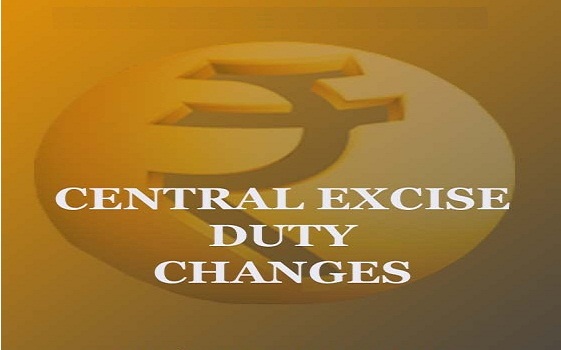
The Finance Ministry has issued notifications that restrict low duty benefit only for local manufacturers, a move supposedly taken to boost government’s ‘Make in India’ initiative. The three new notifications by the Central Board of Excise and Custom (CBEC), dated July 17, aim to strengthen the differential duty regime. This will protect domestic manufacturing, as imported items will attract 12.5 per cent duty, while domestic manufacturers will be required to pay 2 per cent duty if they do not avail CENVAT (Central Value Added Tax) credit on taxes paid on inputs. The move is expected to benefit the domestic textile industry, besides other segments.

However, textile industry experts are viewing the situation differently. As per the notification, if the raw material is excise-paid or an appropriate rate of duty has been paid, then a manufacturer is exempted from paying duty on finished items. However, if they have not paid duty on raw material, then the manufacturer has to pay duty on finished goods. “Since the whole chain so far has been under optional excise exemption, everyone was taking the exemption route and nobody was paying duty on raw material. The latest Supreme Court judgement on some chemical company, says since the raw materials are without duty, you have to pay on finished goods. That means fabric manufacturers have to pay duty on the fabric since the yarn is zero duty and garment makers on the garment because the fabric is zero duty,” opines Sanjay Jain Managing Director of TT.
While stake holders are not certain whether the government’s move is intentional they are of the opinion that there was no need for such a step in the middle of the year when the textile sector already comes under excise regime and other big budgetary complications. “It seems highly inappropriate and difficult,” asserts Jain, adding, “We are in doubt if it is done intentionally on the part of the government or just the poor drafting of notification is leading to different interpretation. Clarity has to come from the government.”
Keeping the ramifications these notices would have on every small and large player across the textile value chain, Jain says that if the move is intentional then players would raise the matter and protest against it because the textile industry is already in trouble. “Every stakeholder of the industry will be affected by it, whether it is a small or big. Prices will go up, demand will see a hit, inflation will happen, when the sector has already been facing several problems,” he observes.












